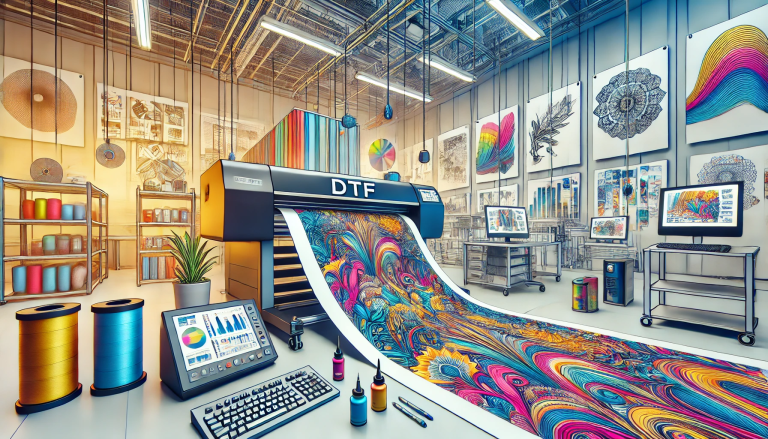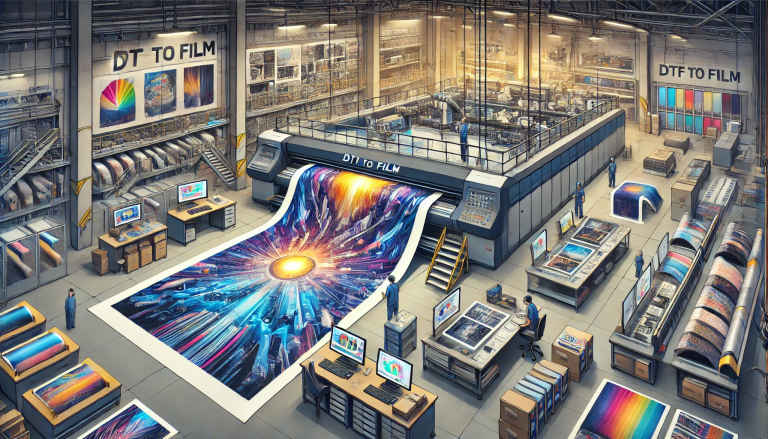“What Does a DTF (Down To Film) Director Need to Know?” -MAXDTF- UV DTF PET Decal Manufacturer, China UV DTF Adhesive Transfer Decal, Made in China
In the cinematic world, passion, enthusiasm, and a hunger to create remarkable content are essential. If you’re a budding director who’s “Down To Film” (DTF), there’s a plethora of technical, creative, and managerial knowledge you must arm yourself with. Here’s a breakdown of what every DTF film director should know:
1. Storytelling is King:
- Understand the core of the story: Every scene, dialogue, and shot should revolve around it.
- Familiarize yourself with the basics of screenplay structure, pacing, and character development.
2. Technical Proficiency:
- Grasp the basics of camera work: Know your lenses, shot compositions, and movements.
- Understand lighting and its significance in setting mood and tone.
- Get acquainted with sound design and how it complements the visual storytelling.
3. Post-Production Knowledge:
- Be aware of the editing process, and how cuts, transitions, and sequencing can change the narrative flow.
- Understand color grading, sound mixing, and visual effects.
4. Working with Actors:
- Cultivate strong communication skills. A director should be able to articulate their vision clearly.
- Understand character motivation and be able to guide actors to deliver their best performances.
- Be empathetic. Respect the vulnerability and courage actors bring to the set.
5. Team Management and Collaboration:
- Film is a collaborative effort. Learn to trust and delegate to your crew members.
- Understand the roles of each department: cinematography, art, sound, makeup, etc.
- Cultivate a positive on-set atmosphere. A motivated team is key to a successful film.
6. Budgeting and Scheduling:
- No matter the scale of the project, a director should be aware of budget constraints and ensure the project stays within limits.
- Efficient scheduling is vital. Time management can make or break a shoot.
7. Staying Updated and Inspired:
- The world of cinema is ever-evolving. Stay updated with the latest trends, technologies, and techniques.
- Watch films – not just for entertainment, but to learn. Understand what works and what doesn’t.
8. Developing Resilience:
- The world of filmmaking is filled with highs and lows. Learn to handle criticism constructively and not be deterred by failures.
- Patience is essential. From waiting for the right light to waiting for funding, patience will keep you going.
9. Networking:
- Connect with other filmmakers, attend festivals, and participate in workshops.
- Relationships in the film industry can lead to collaborations, funding opportunities, and distribution deals.
10. Ethical Filmmaking:
- Always be mindful of the messages and representations you’re putting out into the world.
- Respect for your crew, actors, and locations is paramount.
In Conclusion:
Being a DTF director is about more than just wanting to shoot a film. It’s about understanding the nuances of the craft, being an effective leader, and having the passion and perseverance to see a project through. It’s a journey of continuous learning, so always stay curious, humble, and open to new experiences. Happy filming!






